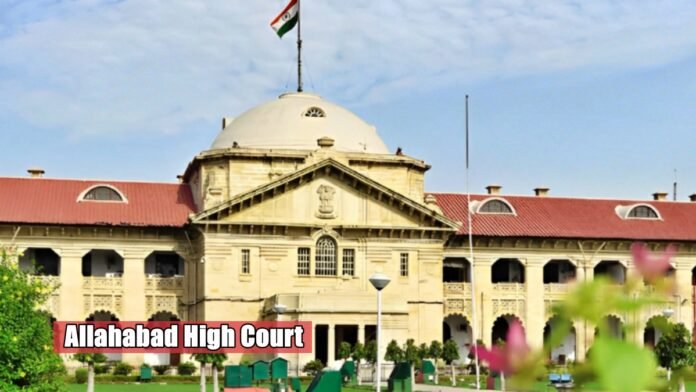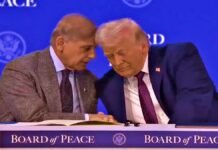
Key Points
- No Prima Facie Crime: The Allahabad High Court ruled that merely posting in support of Pakistan, without referencing India or any specific incident, does not constitute a prima facie offense under Section 152 of the Bharatiya Nyaya Sanhita (BNS).
- Bail Granted: Based on this interpretation, the court granted bail to Riyaz, who was accused of posting pro-Pakistan content on Instagram.
- Section 152 Explained: The court clarified that Section 152 requires clear intent to incite rebellion, separatism, or harm to India’s unity mere support for another country is insufficient.
- Caution Advised: Justice Deshwal emphasized the need for caution in applying strict laws like Section 152, which is non-bailable and carries severe penalties.
- Freedom of Expression Upheld: The verdict affirms that social media posts fall under the right to freedom of expression, as long as they do not threaten national integrity or promote separatism.
Allahabad: Riyaz, a resident of Uttar Pradesh, was arrested for allegedly posting messages in support of Pakistan on Instagram. Authorities charged him under Section 152 of the new Bharatiya Nyaya Sanhita (BNS), a stringent law designed to protect India’s unity and sovereignty.
The Verdict
On July 10, Justice Arun Kumar Singh Deshwal of the Allahabad High Court delivered a significant judgment:
- No Insult to India: The court found no evidence that Riyaz’s posts insulted India or referenced any specific incident involving India.
- Support is not Sedition: The judgment stated that simply expressing support for another country even if it causes resentment or discomfort among Indian citizens does not automatically amount to sedition or a crime under Section 152.
- Legal Requirements: For Section 152 to apply, there must be a clear intention to incite rebellion, separatism, or harm to India’s integrity, demonstrated through words, signs, or electronic communication.
Legal Insights: Understanding Section 152 of BNS
- Severity of Section 152: This section is non-bailable and can result in life imprisonment or up to seven years in jail, plus a fine.
- Comparison to Previous Laws: Justice Deshwal noted that Section 152 is a new provision, distinct from any section in the old Indian Penal Code (IPC).
- Section 196 of BNS: Also referenced, this section carries up to seven years’ imprisonment for related offenses.
The Court’s Guidance
- Caution in Prosecution: The court advised lower courts and law enforcement to exercise “due caution” when invoking Section 152, given its severe consequences.
- Freedom of Expression: The judgment reaffirmed that social media posts are protected under the right to freedom of expression, provided they do not threaten the country’s sovereignty or promote separatist agendas.
Broader Implications
- Balance Between Security and Rights: The ruling highlights the delicate balance between national security and individual freedoms in the digital age.
- Precedent for Future Cases: This verdict sets an important precedent for how courts may interpret online speech and the application of stringent national security laws.
The Allahabad High Court’s decision in Riyaz’s case underscores the importance of intent and context in applying strict laws like Section 152 of the BNS. While caution is warranted in cases involving national security, the court has made it clear that freedom of expression remains a fundamental right, and not every show of support for another country constitutes a crime. This landmark ruling will likely influence future cases involving online speech and national security in India.





















































